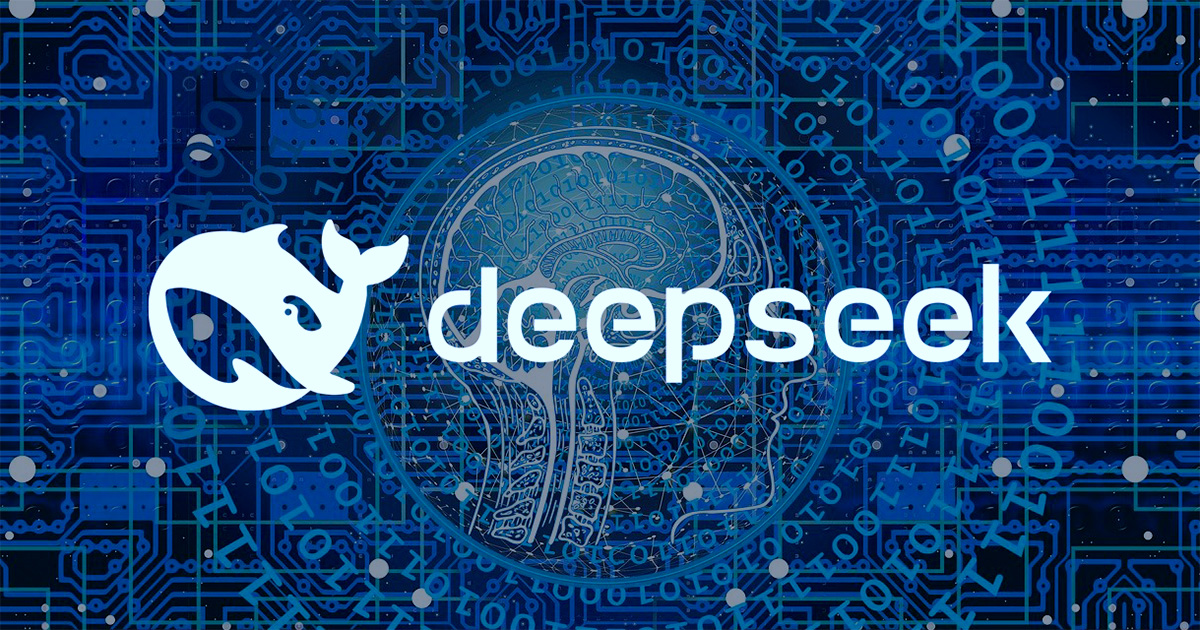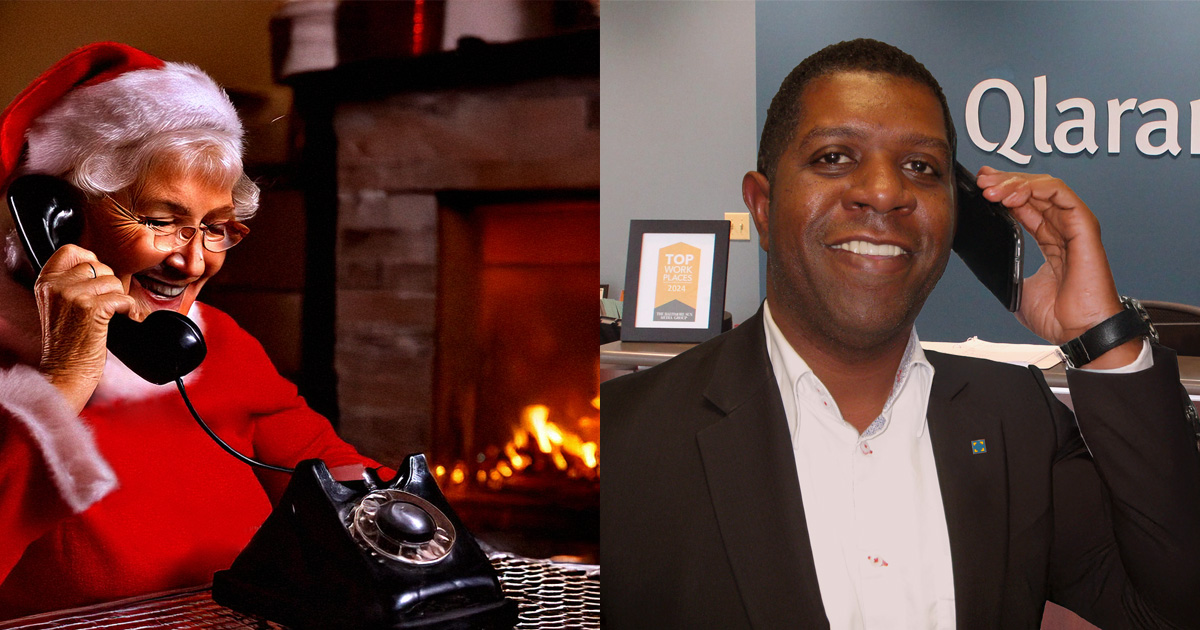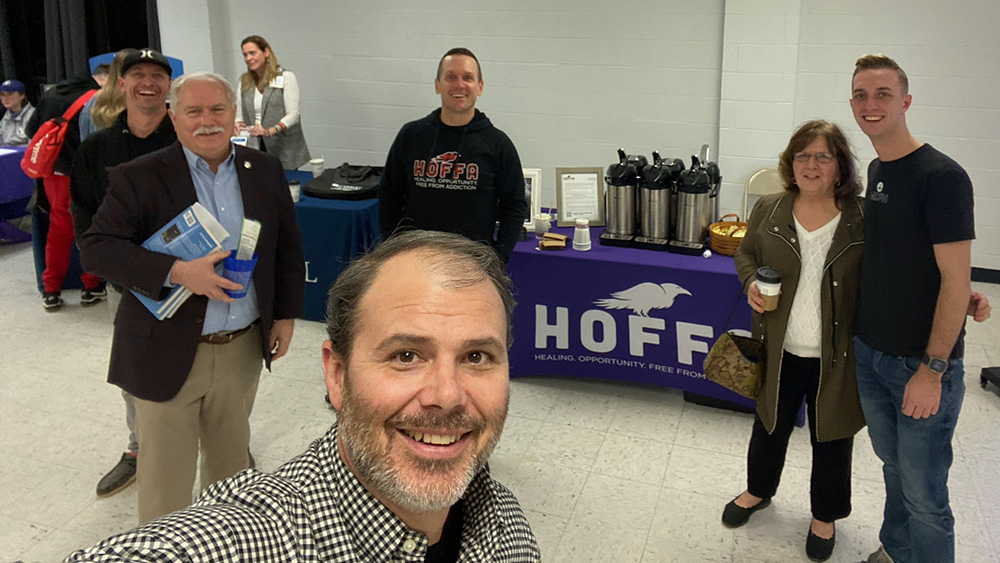Olympian Data Science
It’s that time of the decade again. It’s tiiiiime for the Olympics. Anyone who knows me, knows I only get teary eyed for three things. The end of Pixar movies (those movies just hit different when you’re a dad), the Space Program (seeing Enterprise hanging from the ceiling at Cape Canaveral took my breath away), and the US Olympic everything. For two weeks, yours truly will be tuned in to watch every javelin throw, baton handoff, and dressage gallop.
The XXXIII Olympiad Is a Data Scientist’s Smorgasbord of Analytics

With 20,000 journalists providing over 350,000 hours of coverage, NBC promises you won’t miss the most popular events and weirdly obscure competitions. Break dancing is the newest sport athletes will compete for Gold across 36 sports in 329 events. The International Olympic committee (IOC )counts competitions and ceremonies as sessions, and 754 sessions will be televised in 19 days. In addition to breaking, sport climbing, skateboarding, and surfing will debut to millions of spectators in Paris and billions of viewers online.
10,500 athletes will be competing for 206 countries this year. They’ll be a hungry lot. The IOC’s 45,000 volunteers will deliver more than 600,000 meals to the Olympic Village each day.
Olympics on a Budget
This year’s Olympics are projected to cost $9.1 billion which is 3 times less than the 2021 Tokyo Games. Paris will add 150,000 jobs to the city with approximately 80,000 jobs created by organizations supporting the Games. The decreased cost of this year’s Olympics is due to the Parisian infrastructure already existing before the Games were bid on. Part of Paris’ motivation for a discounted Games is to reduce an Olympian carbon footprint. This year’s Games are expected to emit 1.75 million tons of carbon dioxide. This is 50% less than the emissions recorded in the 2016 Rio Games.
There’s a lot of money involved in the Olympics, but most of the time it’s a net loss, with legacy impacts. Official organizations remain mum on estimating direct revenues for this year’s Games. However, smart money is estimating the legacy impact of the Paris games to add $1.5 billion euros annually. For a sense of how the Olympics is a money losing proposition, the Tokyo Games cost an estimated $13 billion to host, and brought in $7.6 billion in direct revenues. The last Olympics to turn a profit were the 1984 LA Games netting $215 million.
Generative AI Makes Its Debut
NBC has cloned Sunday Night Football host, Al Michaels, and is using his voice to narrate daily recaps of the Games. The new, “Your Daily Olympic Recap on Peacock,” segment will feature a “high-quality AI” (NBC’s words, not mine) of Michaels’ voice. The AI uses generative technology trained on past broadcasts of Al Michaels. NBC says the AI matches Michaels’ “signature expertise and elocution.” Al Michaels reports that NBC’s “Artificial AL” is only 2% off of the real McCoy and is, “a little scary.” Peacock subscribers will receive a customized playlist of highlights based upon their viewing preferences. NBC estimates 7 million personalized variants of these recaps will be delivered from 5,000 hours of live Olympic coverage.
There you are Olympics’ fans. Between data-driven training regimens and dietary recommendations for athletes, crowdsourced traffic directing, and AI generated sportscasting, this year’s Olympics is going to be the most innovative and technologically advanced spectacle. Sit back, relax, and enjoy the magic of the 2024 Paris Olympics.







